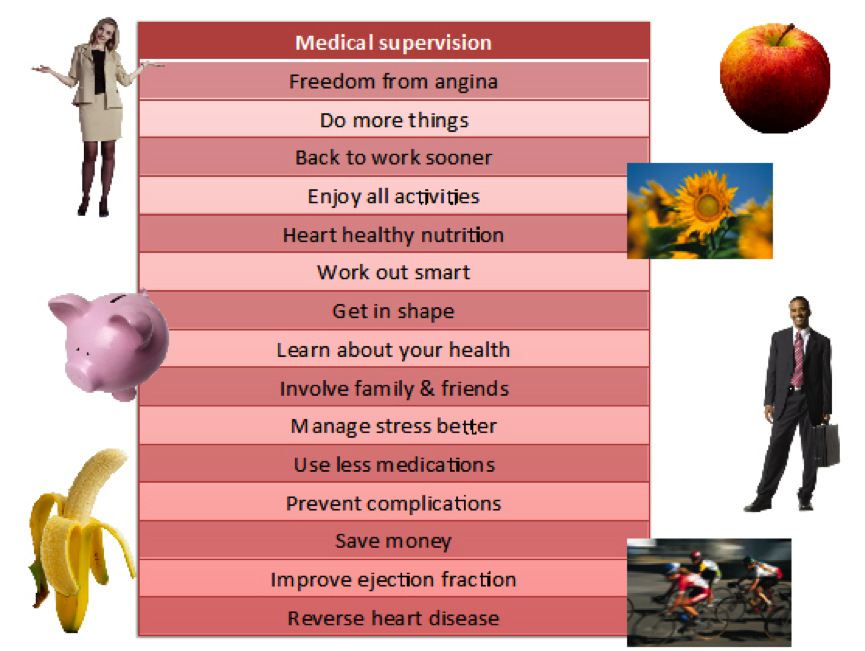Narconon Africa Fundamentals Explained
Narconon Africa Fundamentals Explained
Blog Article
Rumored Buzz on Narconon Africa
Table of ContentsExcitement About Narconon AfricaSome Of Narconon AfricaNarconon Africa Can Be Fun For AnyoneSee This Report on Narconon AfricaThings about Narconon AfricaWhat Does Narconon Africa Do?Everything about Narconon Africa
In a collection of documents with Manudeep Bhuller and Katrine V. Lken, we get over these data obstacles and the nonrandomness of jail time, offering brand-new understandings right into exactly how incarceration impacts recidivism, employment, children, and criminal networks - Meth addiction help. Figure 1 Our job studies the effects of imprisonment in Norway, a setup with 2 vital advantagesWe can even more link this details to other household members, including youngsters and siblings. Furthermore, we know on co-offending that allows us to draw up criminal networks for observed criminal offenses. Second, we can take advantage of the arbitrary assignment of criminal cases to courts that differ in their propensities to send out defendants to prison.
Some judges send offenders to prison at a high price, while others are more tolerant. We determine a judge's stringency as the ordinary incarceration price for all various other situations a judge handles, after regulating for court and year set effects, which is the level of random task. This quasi-random job of judge stringency can be utilized as a tool for imprisonment, as it strongly anticipates the court's decision in the existing case, yet is uncorrelated with other case features both by style and empirically.
The smart Trick of Narconon Africa That Nobody is Discussing
Attributes of detainees, including demographics and criminal activity classifications, are generally similar in Norway and other countries, consisting of the USA, with the exceptions that the US murder rate is much higher, and race plays a larger role there also. What attracts attention as various, especially compared with the USA, is the prison system.
Figure 2In Norway, the average time spent in jail is a little over six months, which is comparable to most various other Western European countries. This contrasts with average United States jail time of almost three years, which is in big component the factor the United States is an outlier in its imprisonment rate compared to the remainder of the globe [Figure 1]
Narconon Africa for Dummies
This gives much more splitting up in between minor and hard crooks than exists in the United States. There is no congestion in Norwegian jails and much better personal safety and security, with each detainee being designated to their very own cell and a higher inmate-to-staff proportion than in the USA (https://medium.com/@narconon0346/about). Prisons in Norway likewise offer well-funded education and learning, drug therapy, psychological health and wellness, and job training programs
Our study on the effects of imprisonment on the transgressor, using the random task of judges as an instrument, yields 3 vital searchings for. First, imprisonment prevents further criminal habits. We locate that incarceration decreases the probability that an individual will reoffend within five years by 27 portion points and reduces the corresponding number of criminal charges per individual by 10 fees.
The Definitive Guide for Narconon Africa
We locate large declines in reoffending probabilities and advancing billed criminal offenses also after offenders are released from jail. Our 2nd result is that bias because of choice on unobservable individual characteristics, if overlooked, causes the erroneous conclusion that time invested in jail is criminogenic. If we just compare criminal defendants sentenced versus those not sent out to jail, we find positive associations in between incarceration and succeeding crime.
This stands in comparison to our evaluation based upon the random assignment of judges, which locates an opposite-signed result. Third, the decrease in criminal offense is driven by individuals who were not working prior to incarceration. Among these people, imprisonment increases participation in programs directed at improving employability and lowering recidivism, and this eventually raises employment and revenues while preventing criminal habits.

Imprisonment creates a 34 percent point rise in participation in work training programs for the formerly nonemployed, and within 5 years their work rate increases by 40 percent factors. Look At This At the same time, the chance of reoffending within 5 years is reduced by 46 percentage factors, and there is a decline of 22 in the average number of criminal charges.
See This Report on Narconon Africa

A plausible description for the difference is that Norway's jail system varies significantly, both in regards to prison-term size and jail conditions, from the US prison system. While comprehending the results of incarceration on the wrongdoer is a crucial initial step, capturing spillover results is additionally essential for evaluating criminal justice policy and designing reliable jail systems.
The Single Strategy To Use For Narconon Africa
Regular least squares approximates expose that youngsters of incarcerated daddies are 1 portion factor more probable to be charged with a criminal activity, relative to a mean of 13 percent, and show no impact on school grades. Using our court stringency instrument, we discover no statistical evidence that a papa's imprisonment influences a kid's very own criminal offense or school grades, but we are unable to eliminate modest-sized results.
An Unbiased View of Narconon Africa
We specify criminal groups based on network web links to previous criminal situations. When a criminal network member is incarcerated, their peers' probability of being billed with a future criminal activity decreases by 51 percent factors over the next 4 years - https://pagespeed.web.dev/analysis/https-www-narcononafrica-org-za/xqn02ltn12?form_factor=mobile.
Report this page